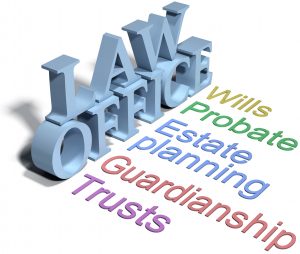 The probate process in New York requires that statutory and procedural guidelines be complied with. The statutory framework is contained in the Surrogate’s Court Procedure Act and the Estates, Powers and Trusts Law. Admitting a Will to probate is, in effect, obtaining Court approval that the document is valid and its terms are enforceable as to the disposition of a decedent’s estate. The New York Probate Lawyer Blog contains many articles regarding this process.
The probate process in New York requires that statutory and procedural guidelines be complied with. The statutory framework is contained in the Surrogate’s Court Procedure Act and the Estates, Powers and Trusts Law. Admitting a Will to probate is, in effect, obtaining Court approval that the document is valid and its terms are enforceable as to the disposition of a decedent’s estate. The New York Probate Lawyer Blog contains many articles regarding this process.
When a Will is offered for probate, a petition is filed with the Surrogate’s Court along with the original Will, a death certificate and other required papers. These may include a kinship affidavit and affidavits from the attesting witnesses. Often the original Will has attached to it a self-proving affidavit that was signed by the Will witnesses at the time of the execution of the Will.
While most probate cases proceed without complications or unnecessary delay, there are many instances where problems arise that can sidetrack or prevent the completion of the Court determination of validity. One major hurdle may be in the form of a Will Contest. A Will may be contested for lack of due execution, lack of testamentary capacity, undue influence or even forgery. Another problem that may be encountered is proof of kinship. The statutes require that notice be given to all of the decedent’s distributees (next of kin). Such notice is usually in the form of a Citation, which is like a summons that requires the recipient to appear in Court and state whether they are going to challenge the Will. Sometimes, it may be difficult to determine the identity or location of a decedent’s next of kin.
 New York Probate Lawyer Blog
New York Probate Lawyer Blog


